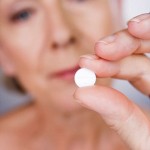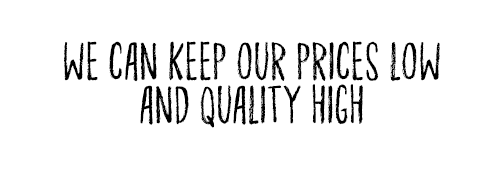15-minute online test for dementia: DIY memory quiz detects early signs of Alzheimer's in people as young as 50
By Fiona Macrae
Last updated at 1:23 AM on 14th May 2011
An early warning test for Alzheimer’s that can be taken online in 15 minutes has been developed by British scientists.
It can spot signs of the debilitating brain disease in people as young as 50.
The computer-based interactive quiz provides an instant result and could help delay or prevent the condition by advising simple diet and lifestyle changes.
Experts say that delaying the onset of Alzheimer’s by five years could halve the number who die with the condition, currently a third of over-65s. This has led scientists around the world to try to create blood and other tests that spot the disease early.
Early warning: Anyone aged over 50 will be able to use the 15-minute online test to spot signs of Alzheimer's developing
But most are still in the early stages of development and none, other than the new Cognitive Function Test, which has been devised by Oxford University scientists, can be taken online in the comfort of a person’s own home.
This is likely to make it popular with those who fear their memory is failing but are too embarrassed to discuss their worries with their doctor.
The test, which is free to take, follows a landmark Oxford University study published last year which credits a simple vitamin pill with cutting brain shrinkage linked to Alzheimer’s by up to 500 per cent.
The tablet, which costs as little as 10p a day and is made up of three vitamin B supplements, was described as the ‘first glimmer of hope’ in the battle to find a drug that slows or stops the development of the devastating disease.
Magic bullet? The Oxford researchers say a simple vitamin pill could cut brain shrinkage linked to Alzheimer's by up to 500 per cent
The study showed the vitamin cocktail to be most effective when taken early. But because apparently healthy people have no way of telling if they are among those who could benefit from the vitamin B memory boost, the Oxford research team created the test.
It measures mild cognitive impairment – or the slight memory lapses that can be a precursor to Alzheimer’s – which affects one in six aged 70-plus, or 1.5million Britons. Half will develop dementia within five years of diagnosis.
Dementia and vitamin B researcher Professor David Smith said: ‘Alzheimer’s is a preventable disease, not an inevitable part of the ageing process. The trick is to identify any decline in memory function as early as possible and take the necessary prevention steps.’
The Cognitive Function Test, which can be found at www.foodforthebrain.org, has three sections which use computer-based tasks and games to test different components of memory. Those who are believed to be at risk of Alzheimer’s are advised to have a blood test and given a letter to take to their GP.
The blood test, which can also be done with a home-testing kit, measures levels of homocysteine, a compound that is naturally made by the body but, at high levels, has been linked to memory loss and Alzheimer’s.
Vitamin B is known to break down homocysteine and last year’s landmark study found that at extremely high doses it cut the shrinkage of the brain that happens naturally when we age, speeding up memory loss.
The vitamin doses were much higher than are normally found in food. It is possible to make the cocktail of 20mg of vitamin B6, 0.8mg of vitamin B9, or folate, and 0.5mg of vitamin B12 from individual tablets available in health food shops. Some single supplements that contain roughly the right quantities are also available.
However, Professor Smith urges people not to do take the vitamins without speaking to their doctor first. This is because at high doses they may fuel tumours and interfere with the treatment of other illnesses, such as rheumatoid arthritis.
The online test was created for Food for the Brain, a not-for-profit organisation which raises awareness of the links between nutrition and mental health.
Dr Celeste de Jager, the main developer of the Cognitive Function Test, said the fact that only a small proportion of Alzheimer’s cases is caused by genes means the disease should be preventable in many cases.
She added that there is little point in people under 50 doing the test. The researchers cannot put a figure on the test’s accuracy, but in pilot studies it worked as well as tests already used in GP surgeries and specialist memory clinics.
However, there are fears that inaccurate results could cause worry and put busy GP surgeries under extra pressure.
The charity Alzheimer’s Research UK gave the test a cautious welcome. Head of research Dr Simon Ridley said: ‘Diagnosing dementia in its earliest stages is hugely important. However









